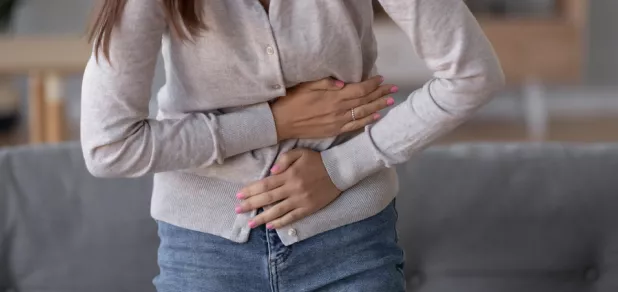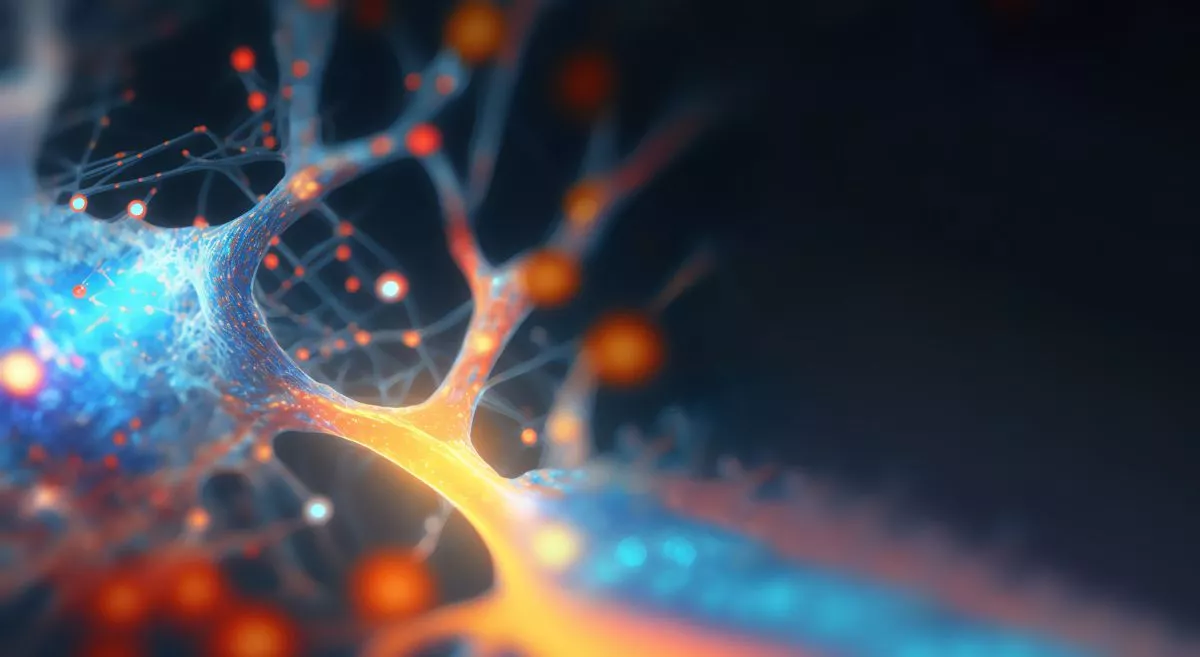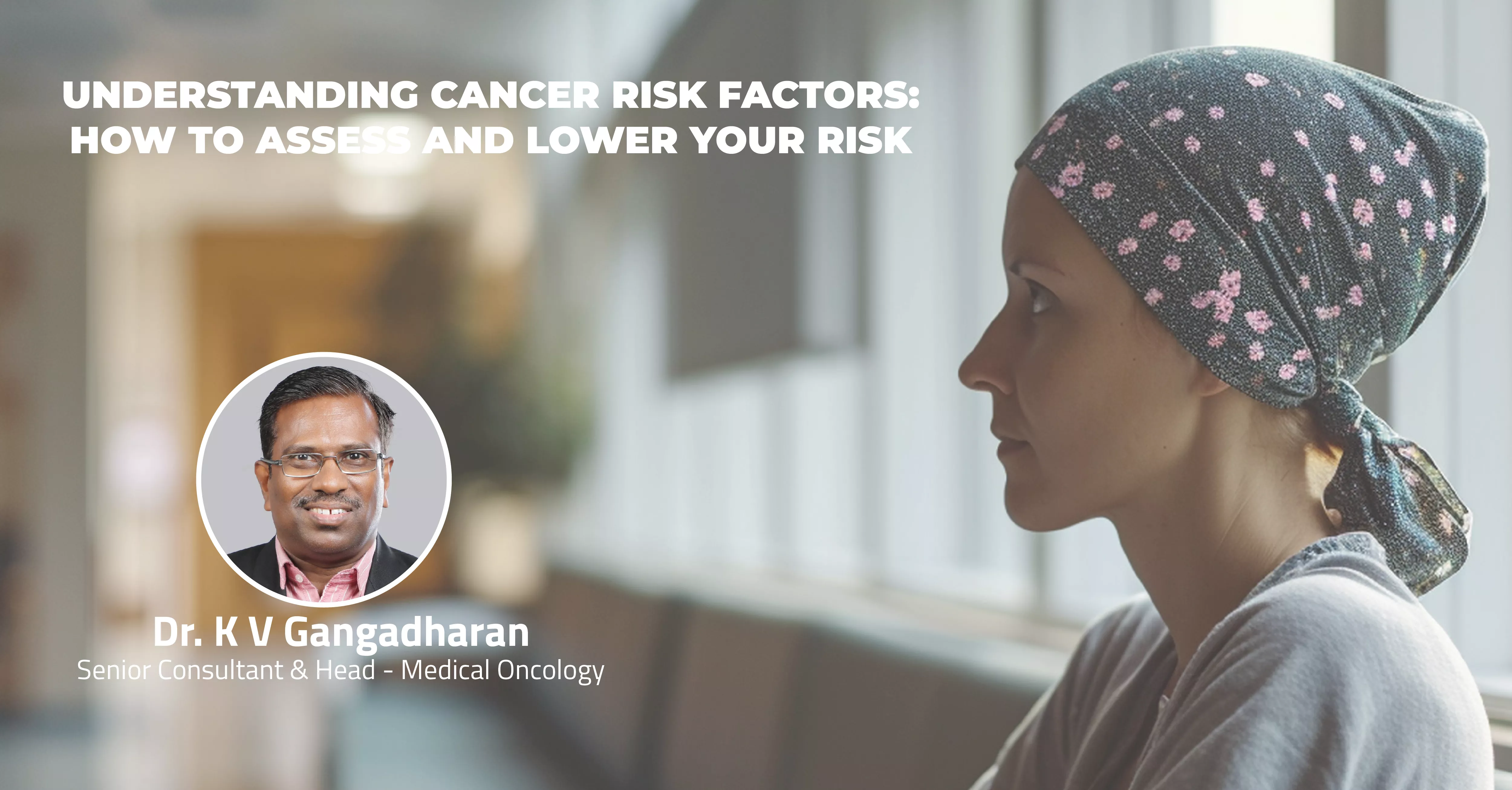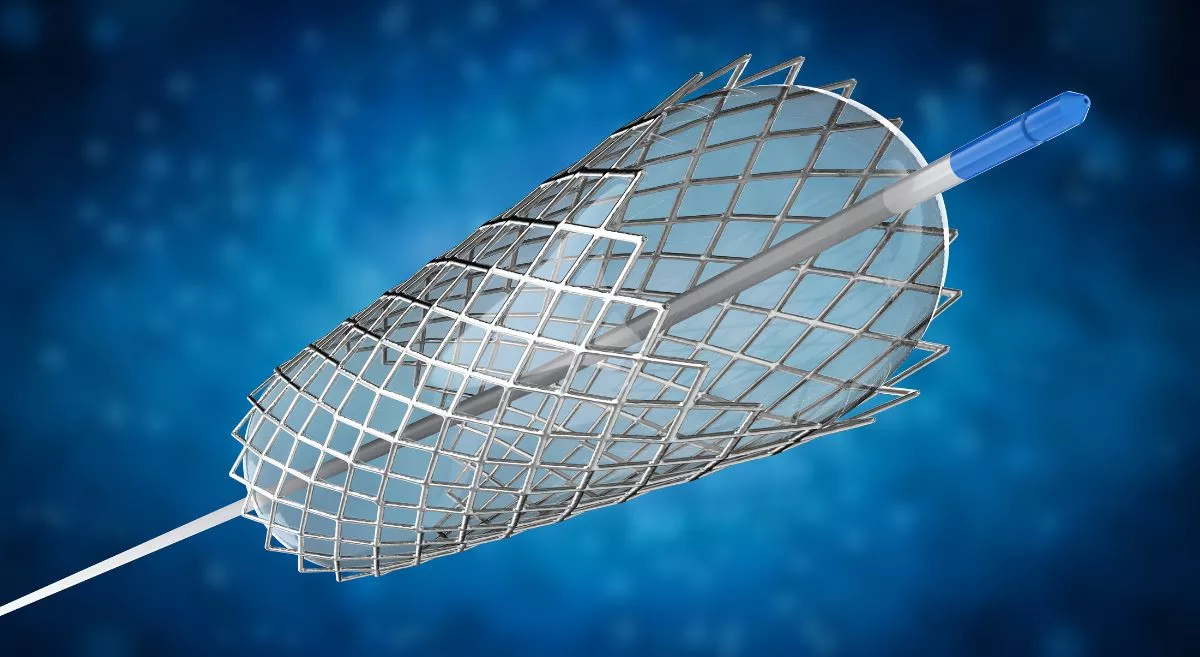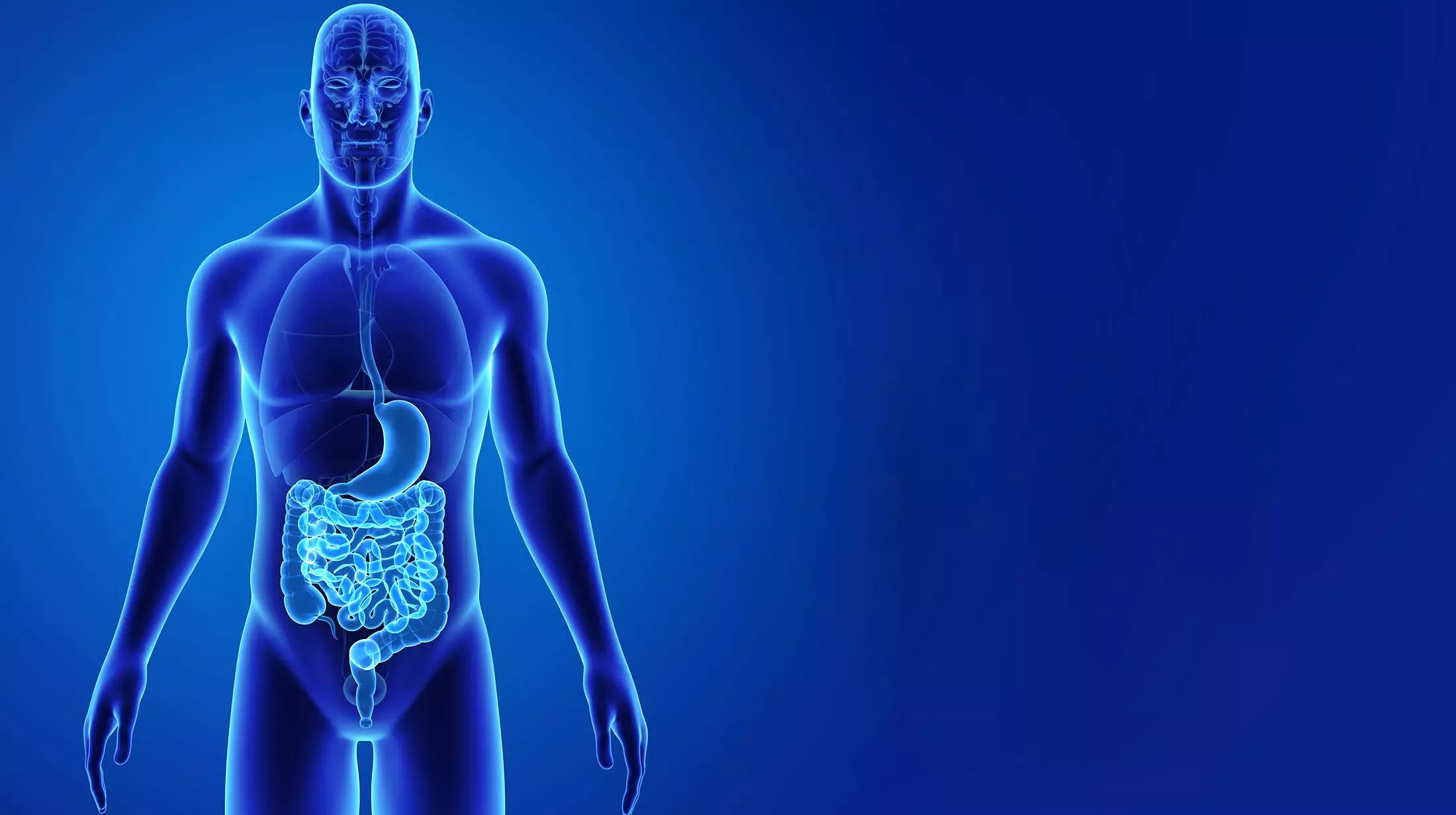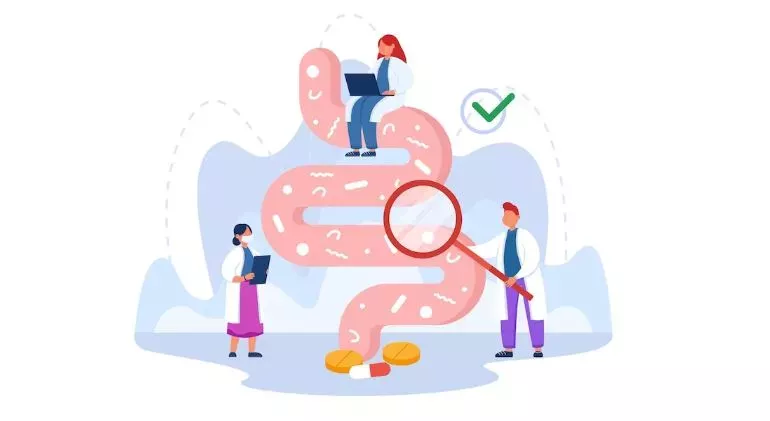Gas Trouble or Stomach upset need not be a minor issue. It can affect the quality of life. It can be something chronic. According to research, hundreds of people are affected by gastrointestinal issues.
What is Gastro Disorder?
Our digestive system comprises the GI tract, gallbladder, pancreas, and liver. These organs get blood from a vast network of blood arteries, carrying nutrients to other parts of the body. The digestive system is regulated by hormones, nerves, and the bacteria that live in our GI tract (known as the microbiome or gut flora) play a role in digestion, immunity, and overall health. The peritoneum is a membrane sac that holds all of the digestive system's organs in place.
The GI tract can be affected by various disorders or diseases, which can affect digestion and/or our general health. Some disorders have identical symptoms, so it is essential to consult with one of the best gastroenterologist in Kochi, Kerala, to do further tests before making a diagnosis.
Types of gastro disorder:
The following are some of the common types of gastro disorder:
Crohn's disease:
It is a long-term inflammatory bowel disease that damages the lining of the digestive tract. Some of the symptoms are abdominal pain, exhaustion, diarrhoea, weight loss, and anemia. Certain people may go their entire lives without experiencing any symptoms, while others may experience severe chronic symptoms that never go away. Crohn's illness is incurable and can be life-threatening at times. To decrease the progression of illness, doctors prescribe medications such as immunosuppressants and steroids.
Celiac disease:
It is a significant autoimmune condition caused by gluten hypersensitivity in the small intestine. Gluten consumption triggers the body's immune system to attack the small intestine, destroying the villi, which are little finger-like projections that aid in nutrient absorption.
Constipation:
Refers to the infrequency or difficulty in passing stools (faeces). Because not everyone has a daily bowel movement, the amount of time between bowel movements before constipation sets in varies. Constipation can be caused by various factors, including dehydration, pregnancy, inactivity, lack of fibre in the diet, or certain drugs like opioids, iron supplements, and antidepressants.
Diarrhea
It's a frequent, loose, watery stool caused by contaminated food or virus. It is frequently accompanied by a strong urge to use the toilet. Abdominal pain or cramping, vomiting, or nausea may occur due to this condition. Anti-diarrhoea drugs like diphenoxylate or loperamide can help slow bowel movements, and electrolyte treatments can aid with dehydration.
Diverticular disease:
It's a chronic disorder in which the gut develops outpouchings or small sacs known as diverticula. When undigested food becomes caught within the diverticula, it causes pain and nausea, constipation, cramps, and fever. The main cause is a low-fibre diet, while some people are genetically predisposed to the disease. A high-fibre diet and a modest pain medication are commonly used to treat the condition.
Gastroesophageal Reflux Disease (GERD):
GERD is also known as acid reflux or heartburn. It happens when the lower esophageal sphincter weakens. Instead of remaining tightly closed to prevent food from flowing up the oesophagus, it remains partially open, allowing stomach acid and partially digested food to leak back up the oesophagus, causing irritation. Regurgitation, chest pain, nausea, and heartburn are the most common symptoms of GERD.
Lactose intolerance:
It is the inability to digest sugar (lactose) found in dairy products. Lactose intolerance is usually caused by a lack of the enzyme (lactase) in the body. It can develop due to the gut damage caused by surgery, gastroenteritis, and illnesses like Crohn's disease or Celiac.
Malabsorption syndromes:
Malabsorption syndromes are a group of diseases in which the small intestine cannot absorb nutrients such as proteins, carbs, lipids, vitamins, and minerals. Infections, medications, small intestinal surgery, and illnesses like celiac disease can all induce malabsorption.
Peptic Ulcer Disease (PUD):
A sore that appears on the oesophagus, stomach (gastric ulcer), or small intestinal lining (duodenal ulcer). The ulcer is formed when the stomach acid affects the lining of the digestive tract. The disease can be caused due to increased stomach acid production, smoking, H. Pylori bacteria, and anti-inflammatory pain medications like aspirin, ibuprofen, and diclofenac. Duodenal ulcers are the most prevalent form, and they are more common in men between the ages of 30 and 50.
Common signs and symptoms of gastro disorder:
The signs and symptoms of gastro disorder vary depending on the individual and the type of condition he is affected from. However, most gastrointestinal diseases share some common symptoms like:
- Stomach ache (bloating, pain or cramps)
- Diarrhea, constipation (or both)
- Nausea and vomiting
- Unintentional Weight reduction
- Acid reflux (heartburn)
- Swallowing difficulties
- Faecal incontinence
- Loss of appetite
- Fatigue
What should take you to a gastroenterologist?
- Loss of appetite
- Severe unbearable abdominal pain or other symptoms
- weight loss
- lump in your tummy
- blood in stools
- jaundice
- chronic diarrhea
- difficulty in swallowing.
FAQs:
1. What can cause gastric issues?
There are several reasons to get gastric issues. Some reasons are gastric ulcers caused by Helicobacter pylori infection, cancer, and stomach problems, including gastritis.
2. What is gastric disease?
Gastric disease is a condition that affects the stomach. Gastritis is the inflammation of the stomach caused by infection of any kind, and gastroenteritis is the inflammation of the entire gastrointestinal tract.
3. Is the gas problem a symptom of Covid 19?
It may not be a symptom of covid 19 all the time. But a recent study showed that 1 in 5 people who tested positive for COVID-19 had at least diarrhea, stomach ache, or vomiting.
4. Does gas create chest pain?
Know the difference between gas and chest pain. If gas has accumulated in your stomach or the left section of your colon, you may experience pain in your chest.
5. What relieves bloating fast?
Walking, yoga, abdominal massage, and exercises may help people to get rid of a bloated belly quickly
